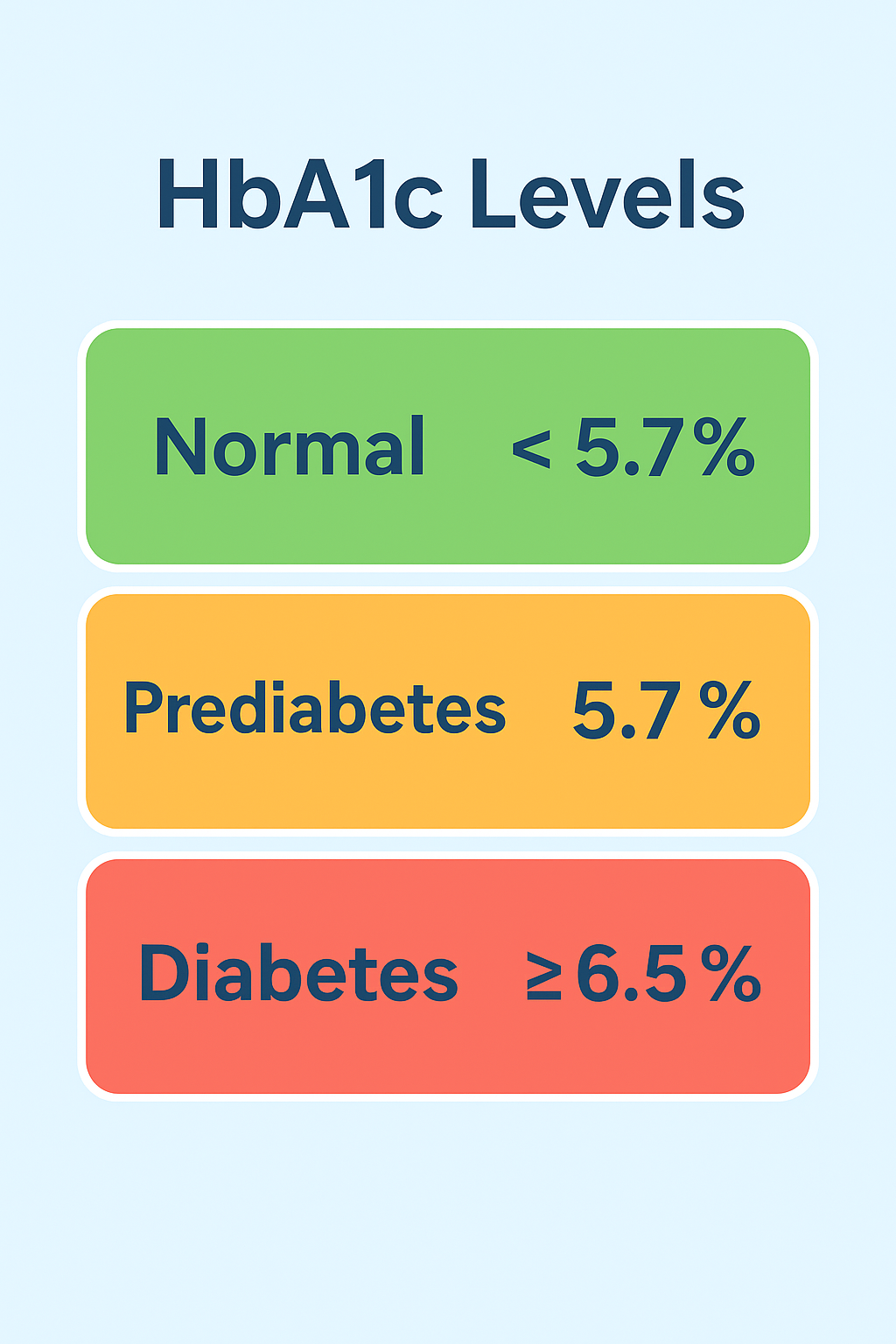Type 2 diabetes (T2D) has long been considered a chronic, progressive condition. However, recent research indicates that significant weight loss can lead to remission, offering hope for millions worldwide.
Understanding Type 2 Diabetes Remission
Remission in T2D refers to maintaining blood glucose levels below the diabetic range without the need for glucose-lowering medications. This state is achievable through substantial weight loss, particularly in the early stages of the disease.
The Link Between Weight Loss and Diabetes Remission
Studies have shown a strong correlation between weight loss and T2D remission:
- Dose-Dependent Relationship: For every 1% reduction in body weight, the likelihood of remission increases by approximately 2%.
- Early Intervention: Losing ≥10% of body weight within the first few years of diagnosis significantly boosts remission chances.
- Long-Term Benefits: Sustained weight loss not only aids in remission but also reduces the risk of diabetes-related complications.
Strategies for Achieving Weight Loss
- Dietary Changes: Adopting a calorie-restricted, nutrient-rich diet focusing on whole foods can facilitate weight loss.
- Physical Activity: Regular exercise, combining aerobic and resistance training, enhances insulin sensitivity and promotes fat loss.
- Behavioral Therapy: Counseling and support groups can help address emotional eating and maintain motivation.
- Medical Interventions: In some cases, medications or bariatric surgery may be recommended to achieve significant weight loss.
The Role of New Medications
Recent advancements have introduced medications like orforglipron, a daily oral GLP-1 receptor agonist, which has shown promising results in weight loss and glycemic control. In clinical trials, participants experienced an average weight loss of 7.3 kg over 40 weeks, with significant reductions in blood sugar levels.
Conclusion
Achieving and maintaining weight loss is a powerful tool in the management and potential remission of type 2 diabetes. Early intervention, combined with lifestyle modifications and medical support, can lead to significant health improvements and a better quality of life for those affected by T2D





Recent research on type 2 diabetes remission through weight loss is truly groundbreaking. It’s encouraging to see that early intervention and lifestyle changes can make such a significant difference. The introduction of medications like orforglipron offers new hope for better glycemic control and weight management. Maintaining weight loss seems to be a key factor in achieving long-term remission. How can healthcare systems better support patients in adopting and sustaining these lifestyle changes?
Need Support from family and friends.
This is fascinating research that highlights the potential for reversing type 2 diabetes through weight loss. It’s encouraging to see that remission is possible, especially with early intervention and lifestyle changes. The introduction of medications like orforglipron seems like a game-changer, offering both weight loss and glycemic control. However, I wonder how accessible these treatments are for the average person. Are there any long-term side effects to consider? It’s inspiring to know that with the right support, people can improve their quality of life significantly. What do you think is the biggest barrier to achieving and maintaining weight loss in managing T2D?
Bad Eating habits and sedentary life style.